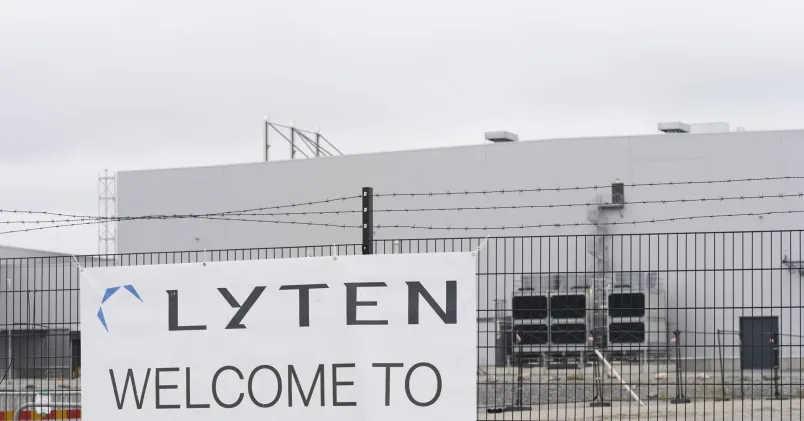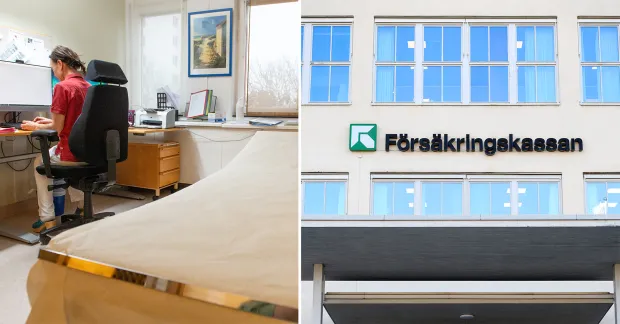
Redan 2012 blev det känt att möbeljätten Ikea, som har 10 000 anställda i 34 butiker i Frankrike, i minst tre års tid, spionerat på personal. Två fackförbund vände sig redan då till domstolen för att få spionhärvan, som någon läckt till en fransk veckotidning, undersökt.
Efter avslöjandet sparkades fyra toppchefer, som nu står åtalade tillsammans med elva andra, däribland fyra poliser som anklagas för att ha lämnat ut hemliga utdrag ur polisregister. Enligt åklagarna är det inte otroligt att information gått åt båda hållen och att man tipsat polisen om vissa anställda.
Säkerhetschefen på franska Ikea har erkänt att han skickat namnlistor till ett säkerhetsföretag som håvade in drygt sex miljoner årligen för att lämna information om såväl befintlig personal som blivande. Säkerhetschefen hävdar, enligt Svenska Dagbladet, att företagsledningen stod bakom övervakningen, medan de andra cheferna påstår att han handlade självständigt.
Enligt New York Times är det oklart varför franska Ikea betalade sådana stora summor för att få information om sina anställda, men domstolshandlingar visar att det finns teorier om att Ikea använt sig av uppgifterna för att kväsa klagomål på jobbet eller för att förmå anställda att säga upp sig.
Närmare 40 miljoner kronor i böter riskerar Ikea, om domstolen i Versailles går på åklagarens linje. Företaget riskerar också skadestånd från civila rättegångar initierade av fackföreningar och 74 anställda. De åtalade cheferna riskerar långa fängelsestraff.
Ikea har tidigare varit i blåsväder för att ägna sig åt anti-facklig verksamhet, så kallad union busting, bland annat i Ryssland, USA och Turkiet.
Läs mer: Ikea fälls – spionerade på anställda











